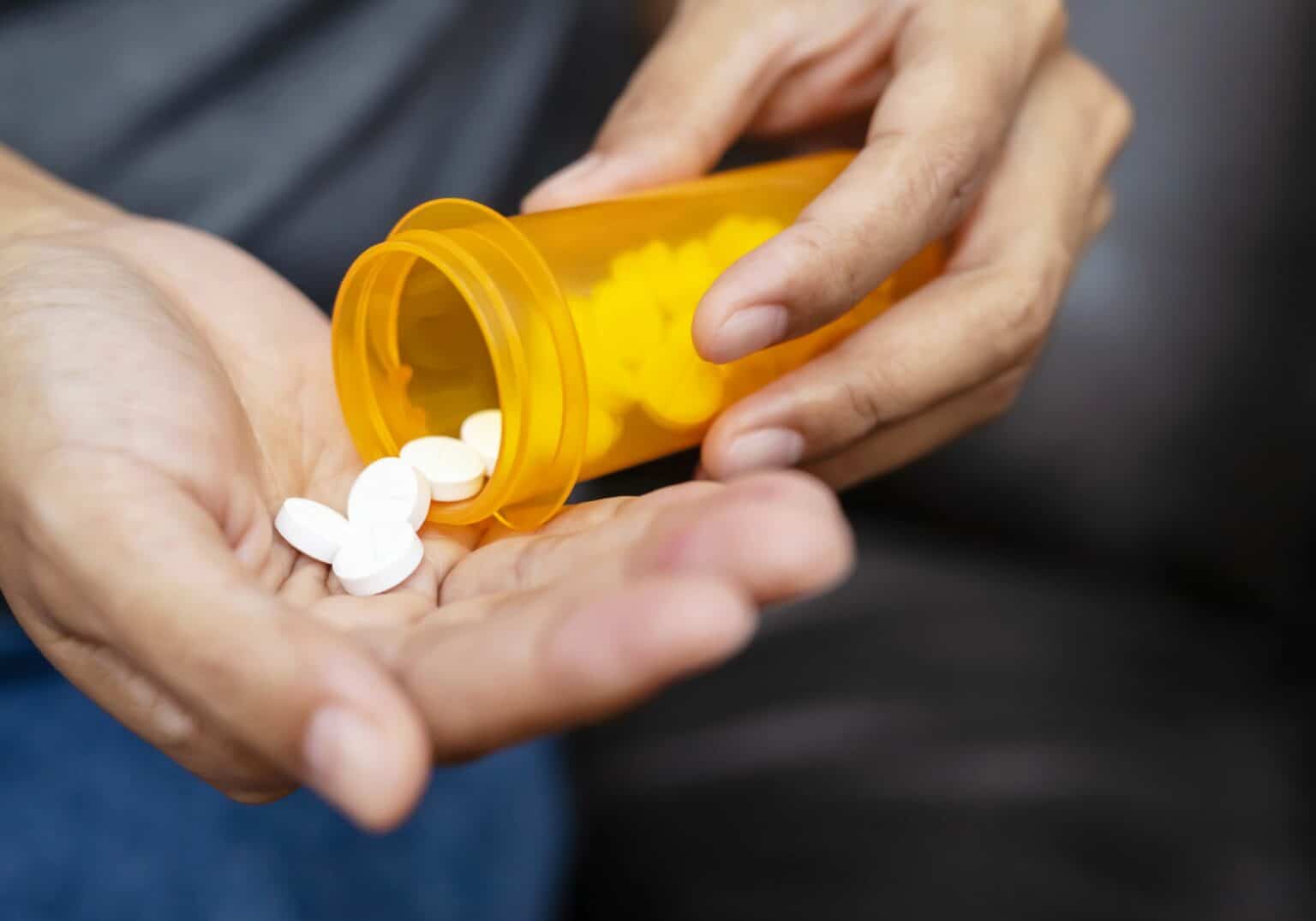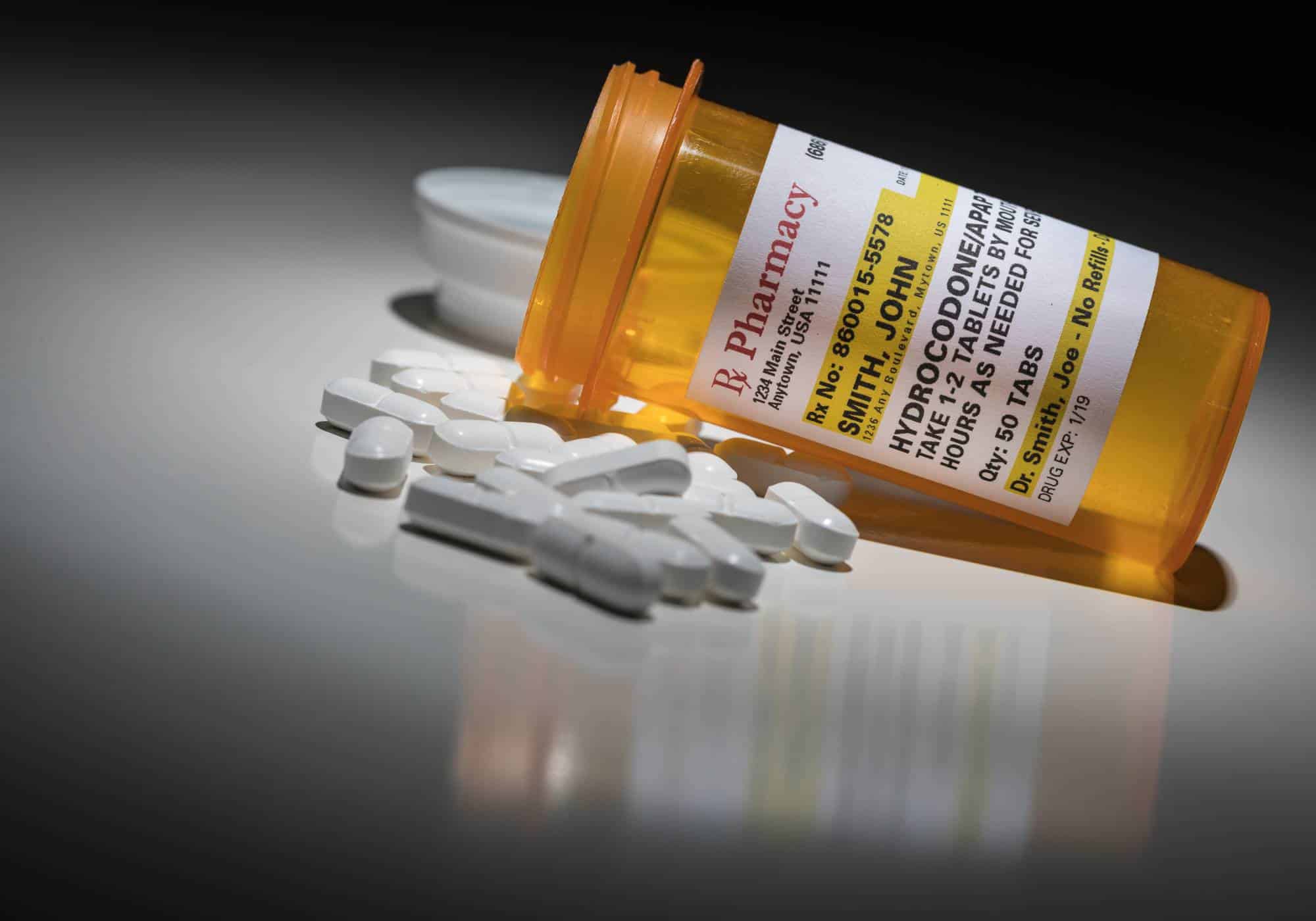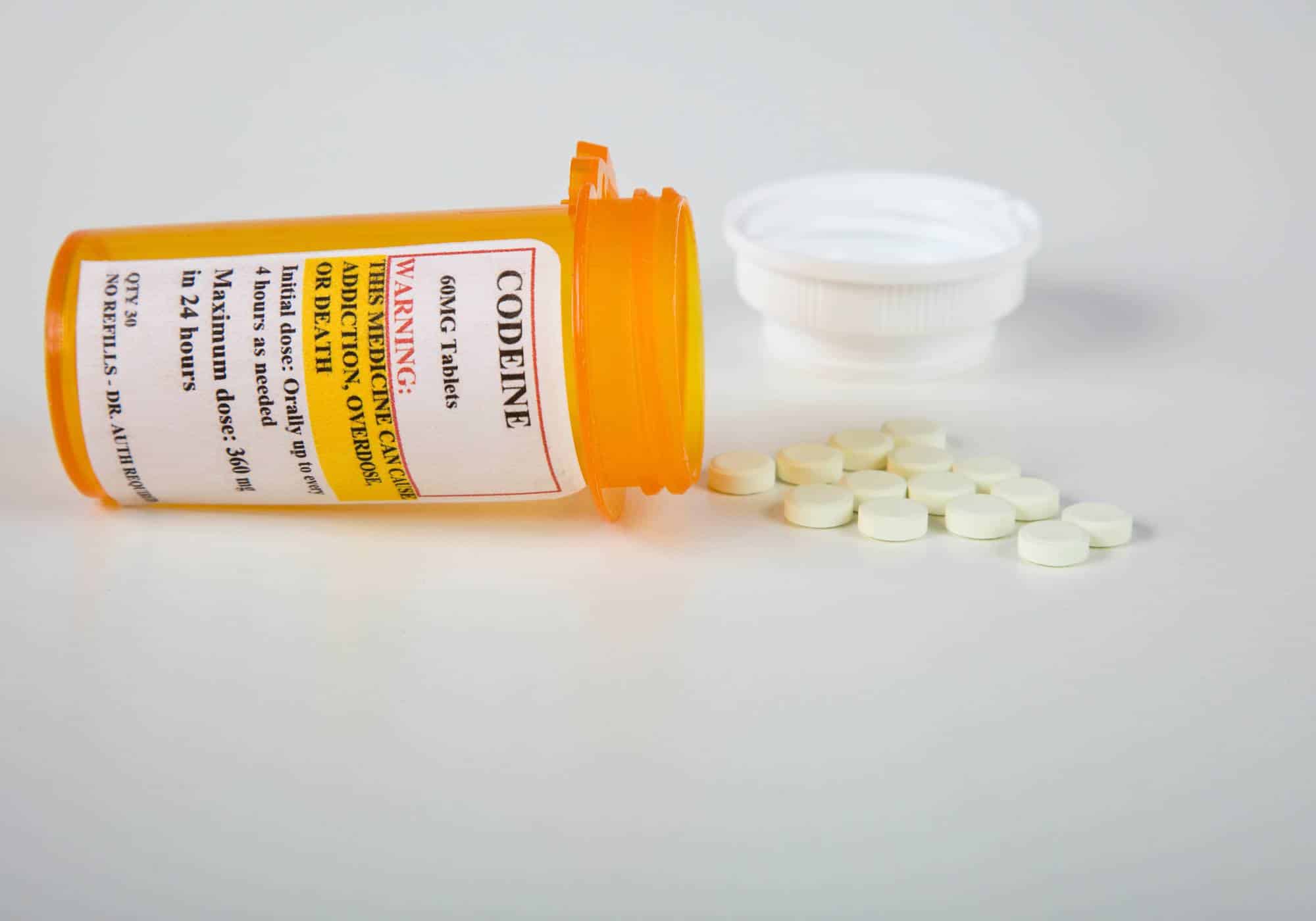Navigating pain management can be daunting, especially with the growing concern surrounding opioid use. Both patients and doctors are becoming increasingly mindful of the risks involved with prescribing opioids, due to their addictive nature and the stigma attached to them. This caution has led many to seek out alternatives for managing pain effectively.
Meloxicam emerges as a viable option in this context, offering a safer pathway for those wary of opioids’ potential for addiction. However, questions and hesitations about meloxicam still linger among some individuals. This article aims to shed light on meloxicam as an alternative pain medication, addressing common concerns and queries, including its addictive properties. Our goal is to provide clarity on meloxicam and answering the questions “Is Meloxicam Addictive?” or “Do I Have A Meloxicam Addiction?,” helping patients make informed decisions about their pain management strategies.
What is Meloxicam?
Meloxicam, often known by its brand name Mobic, is widely prescribed for managing arthritis-related discomfort, including pain and inflammation. This medication offers a non-opioid alternative to relieving these symptoms, avoiding the need for opioid pain relievers like hydrocodone or oxycodone, and potentially reducing the risk of addiction.
Developed by Boehringer Ingelheim and patented in 1977, meloxicam wasn’t approved for medical use until 2000. It is deemed a safer option compared to opioids and requires a prescription for use. Meloxicam is available in several oral forms, including tablets, orally disintegrating tablets, and capsules.
While the tablet form of meloxicam comes in both generic and brand-name versions, the orally disintegrating tablet is exclusively offered as a branded medication. Generic versions of Mobic are typically more cost-effective than their branded counterparts, making them an accessible option for those in need of arthritis symptom relief.
How Does Meloxicam Work?
Meloxicam operates by inhibiting the cyclooxygenase (COX) 1 and 2 enzymes, effectively reducing the production of prostaglandin, a hormone that triggers inflammation and pain. This mechanism helps alleviate discomfort associated with conditions like arthritis.
Given its potency, which surpasses that of common over-the-counter options like ibuprofen, meloxicam is prescribed in lower doses, usually ranging from 5 to 7.5 mg daily. While meloxicam doesn’t pose the same addiction risk as opioids, its potent nature means misuse can lead to significant health risks, underscoring the importance of adhering to prescribed doses.
Is Meloxicam Addictive?
Meloxicam, while not classified as an addictive substance, is subject to misuse. It can foster a psychological dependence, with misuse potentially leading to serious side effects and health complications.
Although meloxicam is utilized for pain relief, similar to opioids, it does not induce addiction or euphoric effects. However, incorrect usage can prompt conditions akin to those arising from opioid misuse, such as nausea, stomach ulcers, cardiovascular issues, abdominal discomfort, kidney impairment, and gastrointestinal bleeding. It’s critical for individuals to consult their healthcare providers if they encounter any adverse effects related to meloxicam, ensuring safe and appropriate use.
Can You Get Addicted to Meloxicam?
While meloxicam does not lead to physical addiction, it’s possible to develop a psychological dependence on it, particularly because of its role as a prescription pain reliever. This misunderstanding may drive some to misuse meloxicam, treating it similarly to opioids.
Abuse of meloxicam, while not resulting in addiction, can precipitate severe health issues. These problems range from stomach ulcers and abdominal discomfort to nausea, cardiovascular issues, renal impairment, and gastrointestinal bleeding. It’s crucial to use meloxicam responsibly and under a doctor’s guidance to avoid these adverse effects.
Signs of Meloxicam Addiction
Though meloxicam doesn’t lead to physical dependence, signs of misuse can emerge, signaling a need for intervention.
Signs of abuse include:
- Frequent attempts to refill prescriptions earlier than needed
- An apparent tolerance leading to increased dosages
- Doctor shopping to obtain multiple prescriptions
- Misappropriating medication from others
Without producing a physical “high,” meloxicam misuse can still spiral into significant challenges, impacting one’s finances, professional life, and personal relationships.
Transitioning from misuse to a state where one feels compelled to continue using meloxicam despite negative consequences signifies a deep-seated issue. At this juncture, professional treatment becomes crucial to safely and effectively address the misuse.

Other Names for Meloxicam
Meloxicam, recognized under its generic label, is marketed as Mobic and Vivlodex in the U.S., and as Mobicox in Canada. Variants for veterinary use include names like Metacam, Meloxidyl, Loxicom, and Orocam. Unlike many prescription medications, meloxicam doesn’t carry any widely recognized street names, which could be attributed to its limited presence in illicit drug markets.
Side Effects of Meloxicam
Taking meloxicam, like any medication, can lead to side effects. Some individuals may experience:
- Skin rashes
- Nausea
- Hives
- Itching
- Fever
- Blurred vision
- Elevated blood pressure
- Drowsiness
- Stomach upset
- Diarrhea
- Dizziness
- Shortness of breath
- Fluid retention
- Headaches
It’s critical to talk to your healthcare provider if you encounter any of these side effects. While they may be a reaction to meloxicam, they could also indicate a more serious health concern needing immediate attention. Ignoring severe side effects could result in long-term health issues.
Meloxicam Withdrawal Process
Stopping meloxicam typically doesn’t involve a challenging withdrawal process, and it can often be discontinued without gradually reducing the dosage. Yet, halting the medication might reveal symptoms that were previously managed by meloxicam, leading to some discomfort. Being informed about meloxicam can prepare individuals for any potential issues that may arise. It’s crucial to consult with a healthcare professional before stopping any medication, to navigate the process safely and comfortably
Can You Overdose on Meloxicam?
While meloxicam is usually safe when taken as prescribed, there is a risk of overdose if taken in amounts exceeding the recommended dosage.
The prescribed dosage of meloxicam varies depending on the condition being treated, the patient’s age, the specific meloxicam formulation used, and any other health concerns. Meloxicam comes in tablet forms, including a standard tablet and an orally disintegrating tablet, usually starting at a dosage of 7.5 mg and potentially increasing to a maximum of 15 mg daily for adults. An overdose is generally considered to occur at dosages exceeding 15 mg.
Symptoms of a meloxicam overdose might include drowsiness, nausea, vomiting, lack of energy, severe stomach pain, bloody or black stools, difficulty breathing, seizures, or even coma. It’s critical to seek immediate medical attention if an overdose is suspected.

Is There Treatment Available For Meloxicam Abuse?
Though meloxicam isn’t classified as an addictive substance, misuse of it may indicate underlying issues. Individuals misusing meloxicam could be grappling with an addiction to opioids or other substances, mistakenly seeking euphoric effects absent in meloxicam. Alternatively, they might develop a psychological dependence on meloxicam, regardless of its inability to produce a high.
Addressing meloxicam misuse is crucial, as it could signify deeper mental health or substance abuse problems. Treatment for meloxicam misuse encompasses both physical and psychological aspects, offering a holistic approach to recovery. This includes engaging in behavioral therapy, participating in group and individual therapy sessions, accessing peer support networks, and undergoing life skills training. The objective is to unearth the root causes of the misuse, providing insights and strategies to prevent recurrence and foster a healthier future.
Overcoming Meloxicam Addiction in Atlanta, GA at Hope Harbor Wellness
If you’re concerned about potential misuse or psychological dependency on meloxicam, it’s crucial to recognize that while meloxicam itself isn’t known to be addictive, misuse can lead to serious health issues. At Hope Harbor Wellness, we understand the risks associated with the misuse of substances, regardless of their addictive properties. Our comprehensive approach addresses the complexities of dependencies on substances like meloxicam, providing tailored support and care.
If you or a loved one is struggling with meloxicam abuse or any form of dependency, reach out to us. Our experienced team is ready to assist you on your journey to recovery, ensuring a life of health, happiness, and sobriety. For support with meloxicam abuse or any other concerns, contact us at 678-929-6304 or via our online form.












